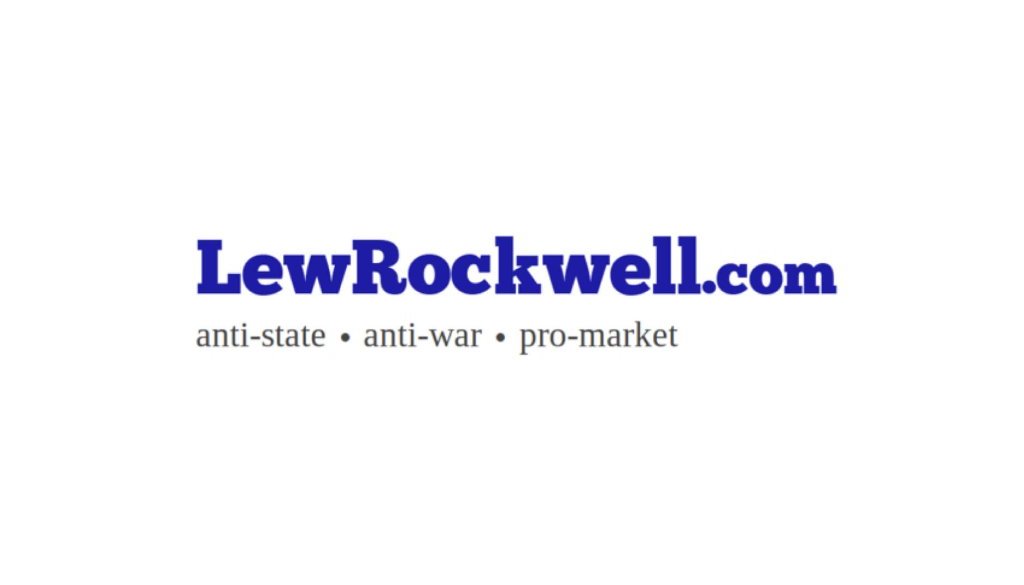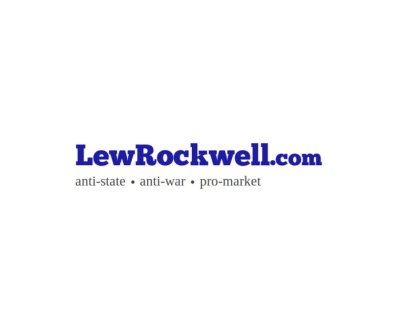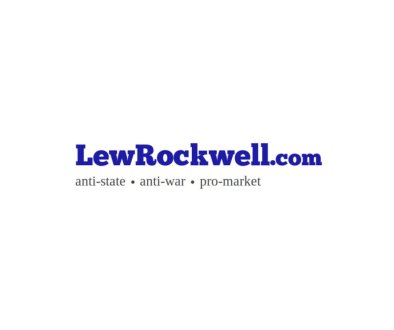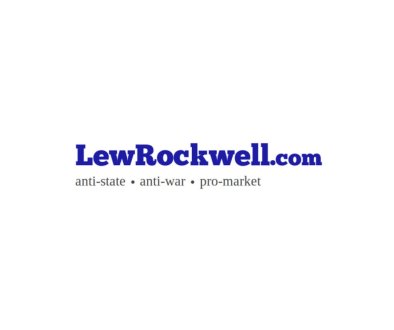Trump Caves Again Over Tariffs – Uncertainty Increases
On April 2 U.S. President Donald Trump declared a ‘Liberation Day’ by introducing tariffs on nearly all imports to the United States.
I adred to predict:
The ‘invisible hand’ of the markets will respond to Trump’s moves by showing him a very visible finger.
The following days confirmed my take.
The tariff rates Trump announced were basically picked from hot air. The whole idea behind them were based on the weird theories of Steve Miran, the Chairman of Trump’s President Council of Economic Advisors. They did not make sense.
By April 9 the markets hit back:
Treasury yields spiked on Wednesday as investors bailed out of what has been perceived as the world’s safest instrument on expectations of crumbling foreign demand as tariffs take effect.
…
Yields settled down after China called for dialogue with the U.S. on trade, and then moved right back near the highs of the day after China said it was increasing its tariffs on the U.S. to 84%.
…
“Something has broken tonight in the bond market. We are seeing a disorderly liquidation,” said Jim Bianco, president and macro strategist at Bianco Research.
Shortly thereafter Trump had to pull back (archived):
The economic turmoil, particularly a rapid rise in government bond yields, caused Mr. Trump to blink on Wednesday afternoon and pause his “reciprocal” tariffs for most countries for the next 90 days, according to four people with direct knowledge of the president’s decision.
Trump’s unsteadiness on tariffs increased the uncertainty of economic decisions. Uncertainty is a poison, suppressing real economic activities.
The Federal Reserve Bank St. Louis produces hundreds of economic statistics. It includes several which are measuring uncertainty:
That FRED graph only included February. The doubt about Trump’s economic policies had pushed it that high. The consequences of his tariff games were not yet visible.
Here is the current FRED overview graph of ec
Article from LewRockwell

LewRockwell.com is a libertarian website that publishes articles, essays, and blog posts advocating for minimal government, free markets, and individual liberty. The site was founded by Lew Rockwell, an American libertarian political commentator, activist, and former congressional staffer. The website often features content that is critical of mainstream politics, state intervention, and foreign policy, among other topics. It is a platform frequently used to disseminate Austrian economics, a school of economic thought that is popular among some libertarians.




